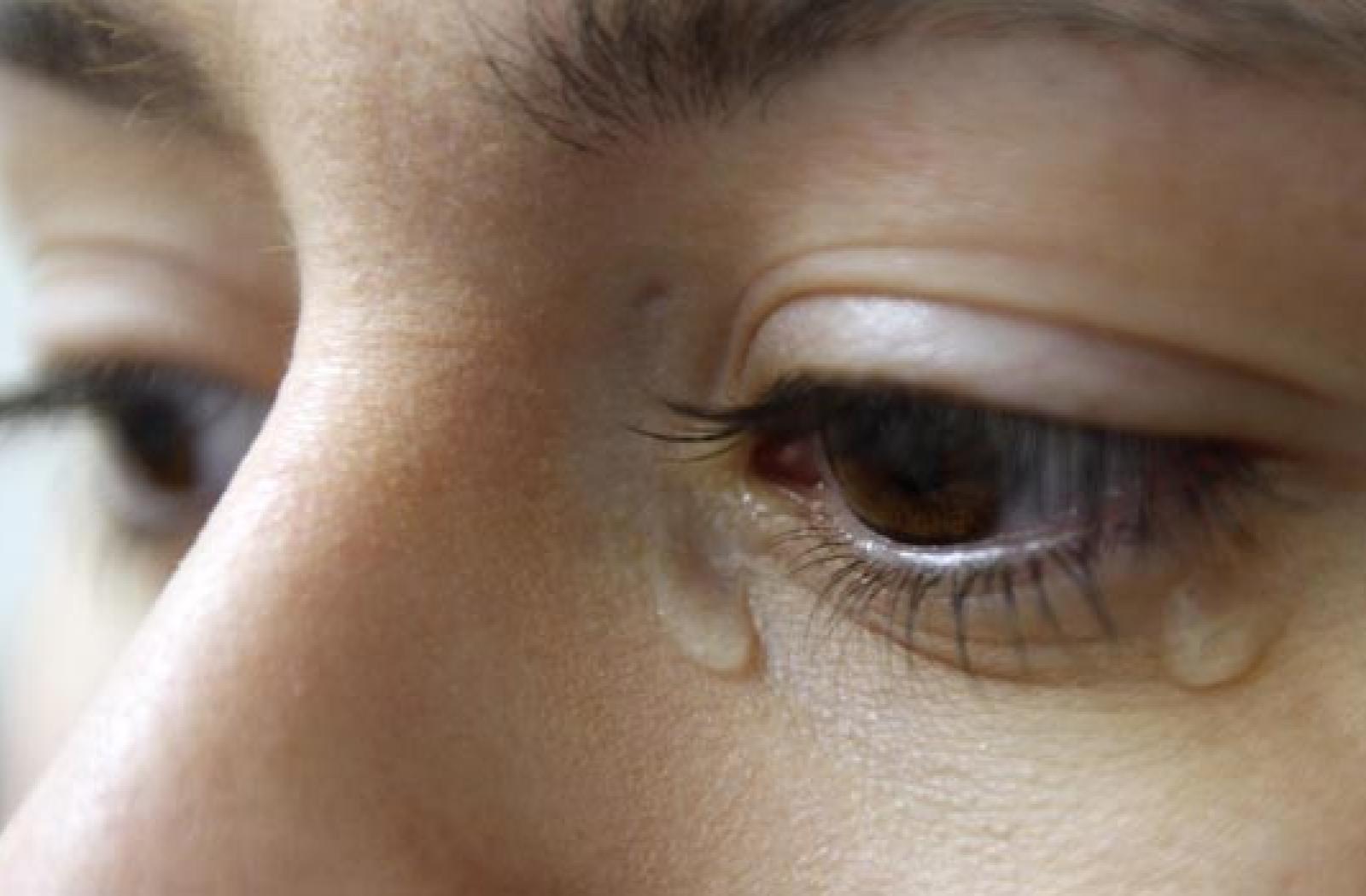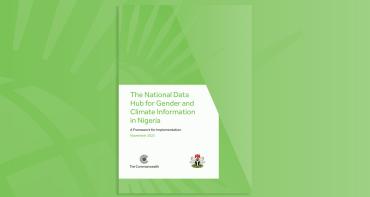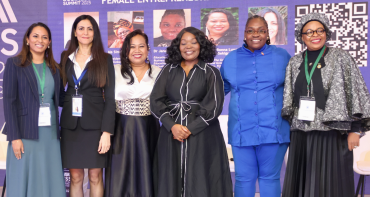Judges and human rights experts from Commonwealth countries in Asia will meet in Bangkok to develop a judicial resource book to help them handle cases involving violence against women and girls.

Judges and human rights experts from Commonwealth countries in Asia will meet in Bangkok to develop a judicial resource book to help them handle cases involving violence against women and girls. The draft text will be reviewed during a two-day consultation (3-4 May).
The Commonwealth has been working closely with judiciaries to create resource books, also known as bench books, designed to help judges apply national and international standards to address violence against women and girls.
Following the successful production of an East Africa bench book, the Commonwealth commissioned a similar resource for jurisdictions in Asia with input from the UN Women Regional office for Asia and the Pacific. The book aims to improve access to justice for women and prevent stereotyping. It will include a review of regional Commonwealth case law on domestic violence plus an overview of member countries’ judicial experiences and landmark judgments. It will also contain provisions on human rights challenges facing the region, such as child, early and forced marriage.
“Violence destroys lives, families and communities. It puts huge financial strain on public services and stifles development. By applying the rule of law we can act to put an end to violence but we need to ensure legal professionals are equipped with the right resources,” said Katalaina Sapolu, Director of Rule of Law at the Commonwealth Secretariat.
“This Asia region consultation will provide an important opportunity for legal and human rights experts to contribute to a practical and powerful resource that can be used to promote and protect the rights of women and girls and eradicate this pervasive problem,” she continued.
According to data published by the World Health Organisation in 2015, one in three women (35%) globally has suffered some form of violence either at the hands of an intimate partner or stranger. The effects of violence are shown to be far-reaching, not only damaging the health and well-being of women and girls long term but also hampering economic and social growth. Harmful cultural traditions that condone violence such as female genital mutilation and child marriage pose additional and complex legal challenges to preventing abuses.
“As we embark on the 2030 Agenda for Sustainable Development, we must stay committed to eliminating all forms of discrimination against women and girls. This bench book will be a milestone for the Commonwealth and its members in Asia,” said Amelia Kinahoi Siamomua, Head of the Commonwealth Secretariat’s Gender Section.
During the consultation, participants will have the opportunity to address obstacles, and persistent gaps faced by the judiciary in addressing the problem from a national and regional perspective. The aim is to improve understanding of these issues in the context of emerging jurisprudence. Outcomes will inform the bench book’s final text.
In 2014, the Commonwealth Secretariat and the UN Women Asia-Pacific Office organised a workshop on improving access to justice for female survivors of violence. The development of the Asia region judicial resource book was one of the recommendations made.



